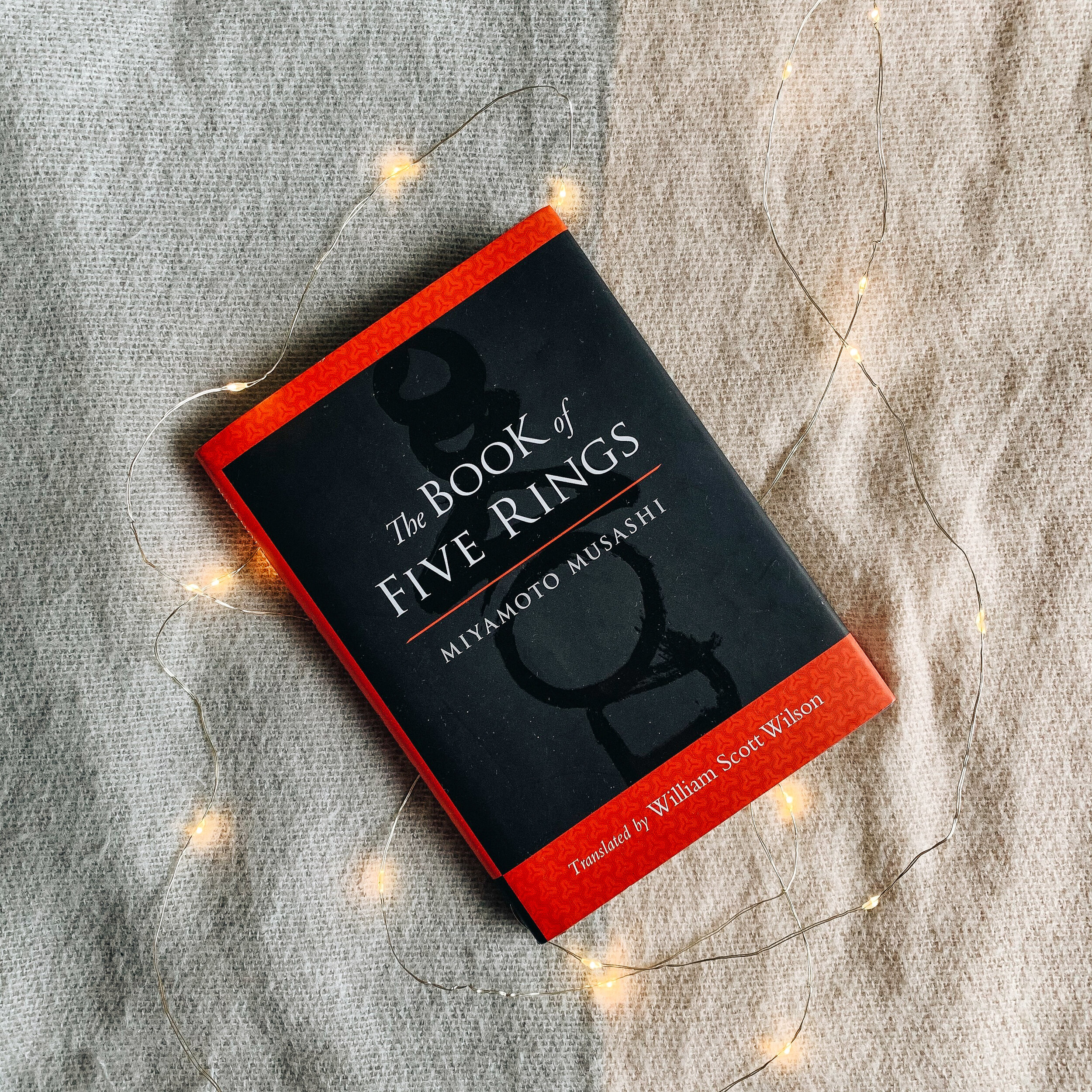★★★★☆.5 | Book 10 of 2025 | thank you to Pegasus Books for the finished copy of this book!
Captive Queen The Decrypted History of Mary, Queen of Scots by Dr. Jade Scott is a new book focused on the life of Mary Queen of Scots, primarily during her period of incarceration in England by her cousin, Queen Elizabeth I of England. Even more specifically, Jade Scott has used Mary’s correspondence during this period to form the foundation of this book, and most significantly, includes some newly discovered letters. Dr. Jade Scott is a historian who specialises in Mary, Queen of Scots; her expertise in the queen’s letters and her passion, and respect for Mary clearly shines through. The book follows Mary, Queen of Scots, essentially from her second marriage to Henry Stuart, Lord Darnley and the troubles that ensued from that relationship through her third marriage to James Hepburn, 4th Earl of Bothwell, to her forced abdication from the throne of Scotland and her twenty year imprisonment in England before her execution on the 8th of February, 1587.
The concept of ‘decrypting’ is particularly interesting. Mary was often in correspondence with those in her confidence around plots and plans to free her from her imprisonment in England. In an effort to keep her letters secret, Mary and her correspondents wrote in cipher. The beginning of each chapter includes a single chosen cipher symbol that represents a person of interest that features in the chapter, as well as a quote from a letter, and a short, reimagined scene of Mary or one of her friends or confidants. It was a great way to initiate a chapter by easily framing the focus of it. Because of the use of letters as primary resources, there is a focus on Mary’s personal relationships with those who she was in contact with such as her cousin and captor, Queen Elizabeth I of England. There are also intimate insights into her letters to her son who she was unable to see past his infancy, and with those working to free her from her prison, with the lofty hopes of placing her on England’s throne.
Captive Queen does what I think many historical biographies and history books in general struggle to do, and that is bring the subject close to the reader, in that this feels like an intimate story of the second half of Mary’s life. Letters are in and of themselves, a more personal kind of resource, for in some cases we see Mary’s handwriting and her signature and the detail in which her ciphers were crafted that, as Jade Scott puts it in the preface ‘is like she is reaching out through time’.
This book is a perfect balance of up to date research and new discoveries, whilst being completely accessible to the general history enthusiast. I think it is so important to make cutting edge history and archaeology research accessible to the general public, and this book is an exceptional example of this. I had not heard about the discovery of the new ciphered letters from Mary, Queen of Scots, so in particular, I enjoyed learning about the new aspects of Mary and her correspondence that we have learned from these new documents. Of course, it is also nice when books include images to supplement the text, and this book included black and white images throughout it as well as two coloured image sections. The inclusion of images of full cipher keys, which is essentially a cheat sheet to be able to understand the cipher code letters were written in, was a highlight. Further, Scott has included both a Dramatis Personae at the beginning that lists all of the important figures that will be encountered in the book, and a helpful chronology / timeline at the end as a simplified rundown of the main events throughout Mary’s life.
Overall, I thought this was an exceptional book. It was easy to read, well researched (and referenced!) and used the letters in a way that supplemented the story of Mary’s life, whilst also illuminating new information we have learnt about the queen. I would recommend this to all lovers of history, and particularly to those with a love of historical texts, and of course, Mary, Queen of Scots.






